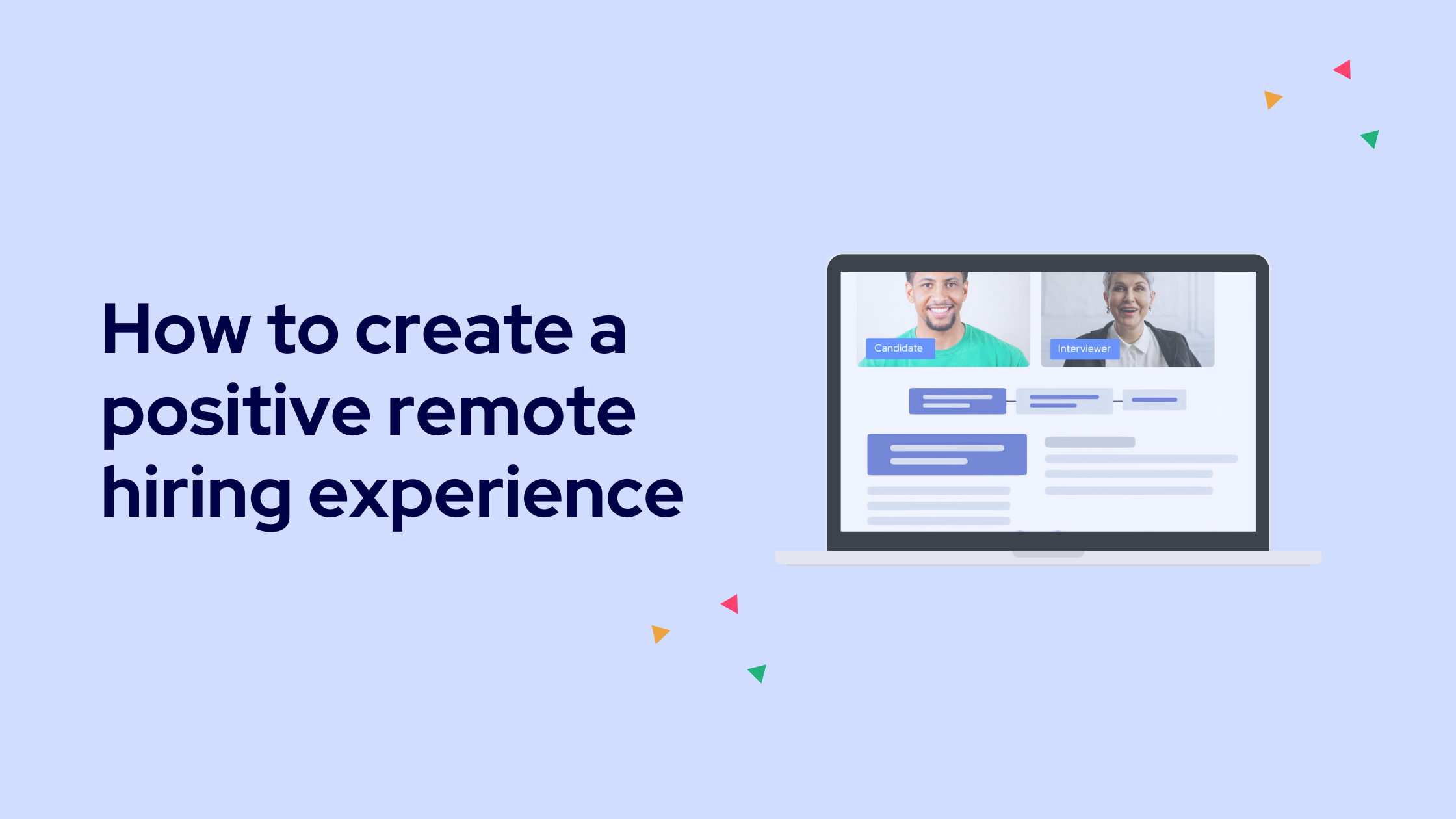
You want top talent. And fast.
The very first thing that you need to factor into your hiring strategy is the importance of a positive candidate experience. This following statistic is stark but one of the most important to remember. 69% of candidates with a negative experience won’t apply again. You risk damaging your employer brand if a candidate has a negative experience.
It’s time to stop and really critique an outsider’s perception of your remote hiring process. This goes from the first inquiry, right through to the final offer. Remember that every touchpoint is an integral part of your employer brand. And once damaged, it is extremely difficult to repair.
Leverage technology for engaging remote interviews
A remote environment does not alter the importance of candidate experience. If anything, the psychological and physical space can increase intimacy. Rapid digitalisation continues to transform human and digital interaction. Lean into this. It’s not going anywhere. Yes, the opportunity to meet face-to-face is less assured but you can get to emotional or behavioural-based questions faster. The persuasive power of a talented recruiter has simply shifted online.
Capitalise on feedback
Don’t underestimate the power of word of mouth and don’t lose sight of returning applicants. It works in your favour to explain to candidates why they have not been successful for a role. Candidates offer valuable insights into how they found your end-to-end application process. By taking the time to do this, you will be ahead of the curve. 75% of candidates have never or rarely been asked for feedback after they applied. Feedback is a gift. Create a quick survey or ask for feedback by phone or email and access this pool of knowledge.
Structure & process
Following a structured interview process can help with successful hiring. Unconscious bias and a lack of diversity from inconsistent selection criteria is a risk. This will cause barriers to finding the best candidates. Structured processes take time to develop and to continuously update but are well worth the investment. A standardised process will most fairly assess candidates applying for the same job. Equitas software automates this process with audio recording and transcription. This makes it easier to highlight evidence to support feedback.
A centralised system and auto generated feedback are other tools to speed up the process. We recommend tailoring personalised feedback. This will provide the best candidate experience and strengthen your employer brand.
Provide a clear timeline
As the ‘Great Resignation’ continues and the number of candidates swells for positions, you must face the reality that the best candidates are off the market within 10 days. This is a sobering thought if you are trying to recruit. What makes things even more difficult is if you lack a clear vision of what kind of candidate you want. Key advice is to give a timeline of how long it might take for a remote application to be reviewed. Transparency will work to your advantage when you manage candidate expectations.
Communicate your unique culture
Culture, company values and your current employees are what makes your company unique. And there is no doubt that values-based hiring is extremely important to candidates. Glassdoor found that more than 77% of adults would consider a company’s culture before applying for a job there. While 56% say company culture is more important than salary when it comes to job satisfaction. Create virtual opportunities to get a glimpse of your culture. This could be something simple like a virtual coffee or breakout rooms in group interview assessments. Get creative and consider meetings with other members of the team who can bring company culture to life or answer peer-to-peer questions.
Be flexible & empathetic
Be flexible and realise that not every candidate has a perfect ‘work from home’ solution. Don’t let surroundings impact your evaluation. A fully-remote hiring process is still new to a lot of candidates. It’s time well spent to inform candidates of the remote tools you will use. Encourage them to try out the access, login or anything they can prepare in advance. You can send a list of tips in advance like how to blur their background or other factors that create a more level playing field. This is especially important for virtual assessments or tasks. Remote interviewing offers another opportunity. You can observe how candidates cope with technical issues or unexpected interruptions. Right in front of your eyes, you can see how they cope under pressure and transfer their approach or skill level to what you expect.
Road test your hiring process
It’s time to test each touchpoint of your hiring process. Is your website and career page optimised for mobile? Mobile accounts for approximately half of web traffic worldwide with candidates often using leisure or commuting time to browse potential job opportunities. Are all your job listings up to date and tailored to each job profile? Slow down and create a listing that clearly showcases requirements and sells your company in return. Copying and pasting previous job roles could attract passive candidates or makes it very difficult for your eventual decision making process.
Embrace the unknown
Remember that remote hiring is a two-way process and we are all learning. Investing in the right tools, systems and training for your hiring teams will pay off in the long term. A candidate is also ‘interviewing’ you and evaluating how hiring teams perform remotely. Build confidence and embrace the new world of remote hiring. Candidates who have a smooth, consistent and fair remote hiring process will have a better chance of showing their skills. This means you can effectively assess them and expand your team with successful long term hires.
Find more articles, or if you want to find out more about our interview intelligence, get in touch to book a demo.


